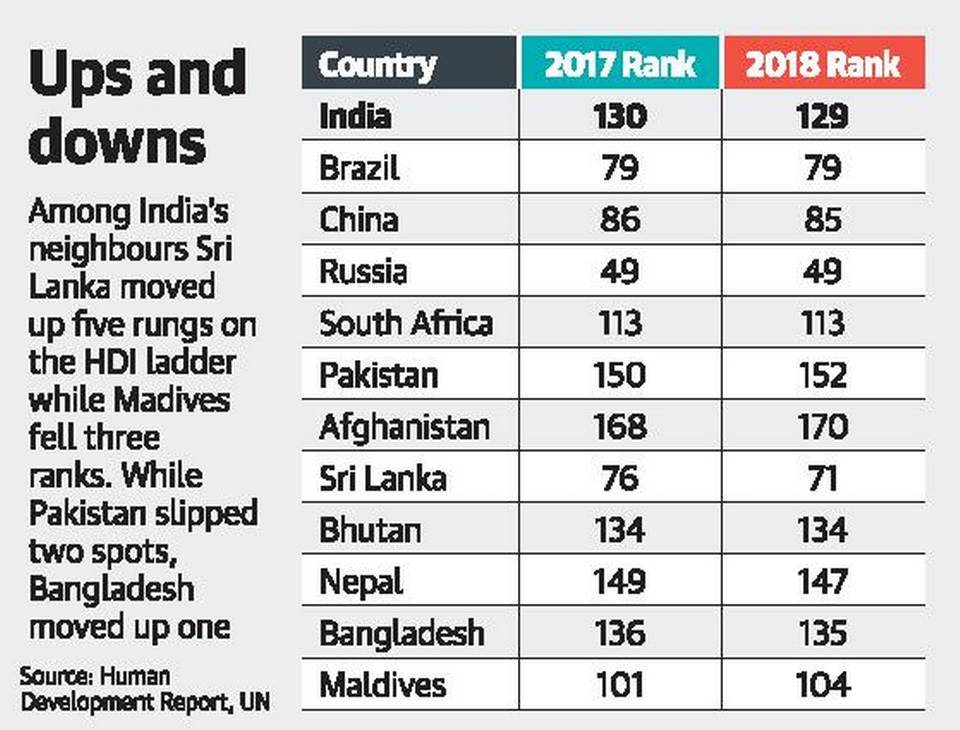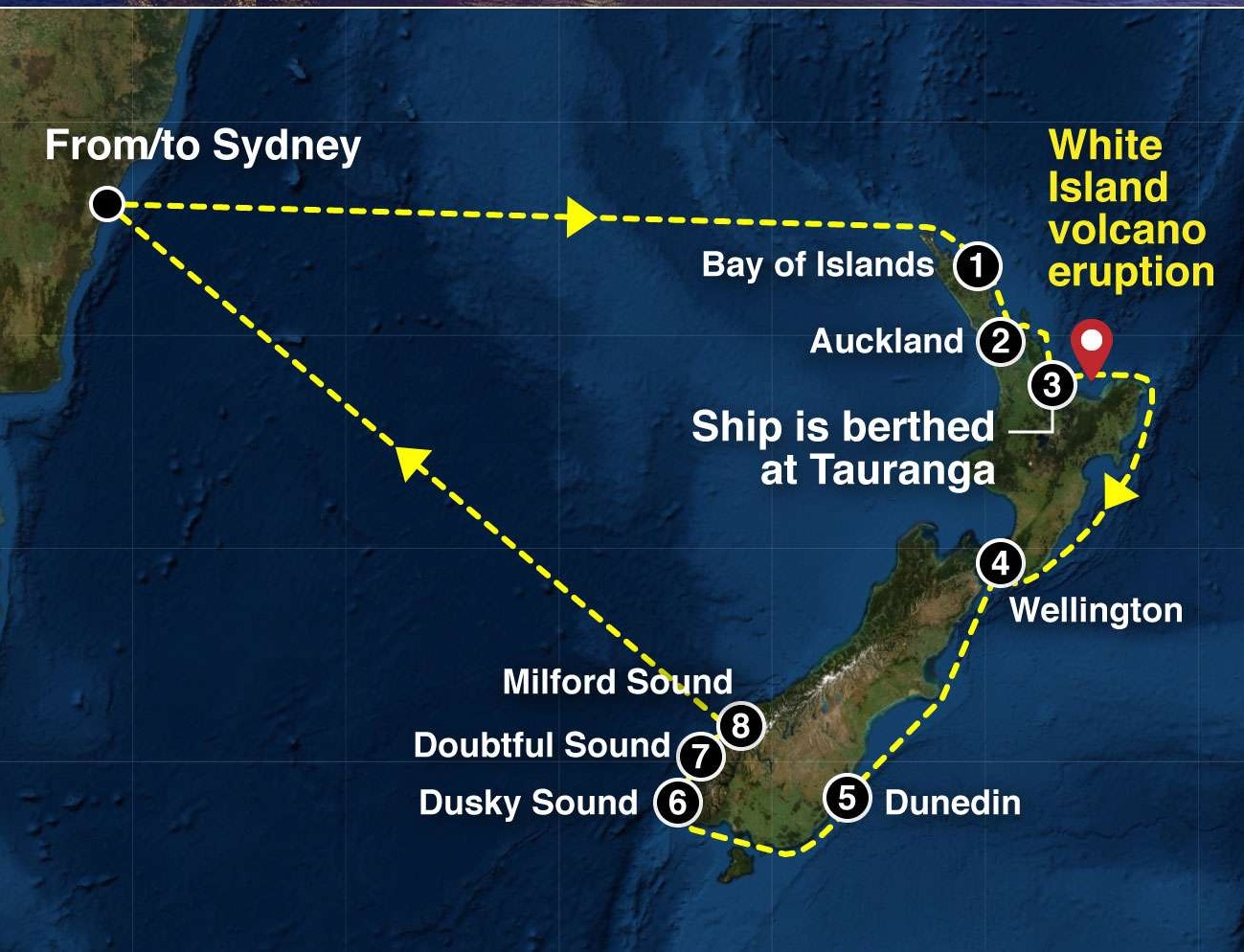7667766266
enquiry@shankarias.in
Human Development Index

126th Constitution Amendment Bill
Click here to know more about the reservation.
White Island Volcano

Piped Drinking Water
Skills Build Platform
Source: PIB, The Hindu